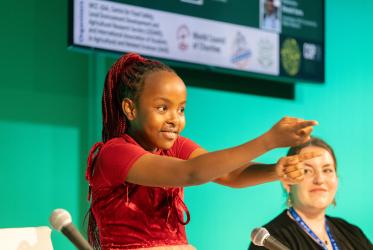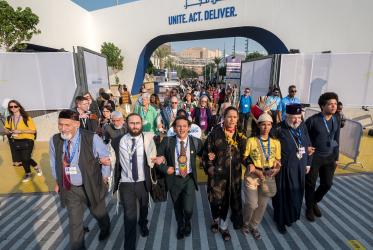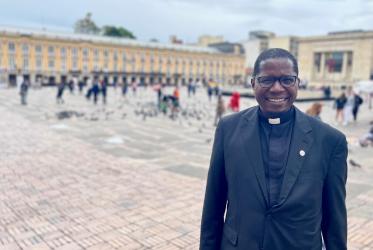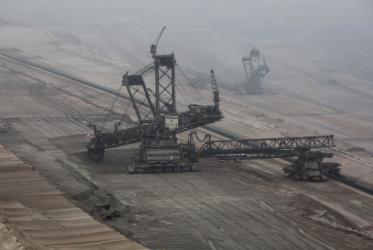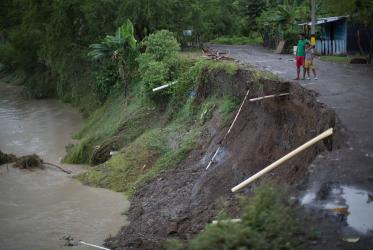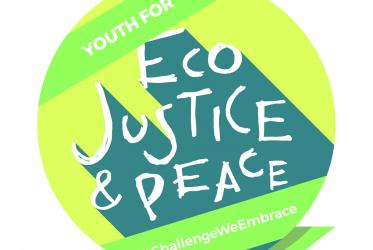Displaying 1 - 20 of 28
How racism and colonialism are exacerbating impacts of climate change
29 September 2021
Learning exchange focuses on human rights among indigenous people
06 December 2018
Voices from Colombia: “What if we have no land to till?”
15 February 2018
Seven weeks of Lent highlight water justice in Latin America
12 February 2018
Plans for 2017 decided by WCC Executive Committee
01 December 2016
Land rights focus of panel discussion
17 November 2015
